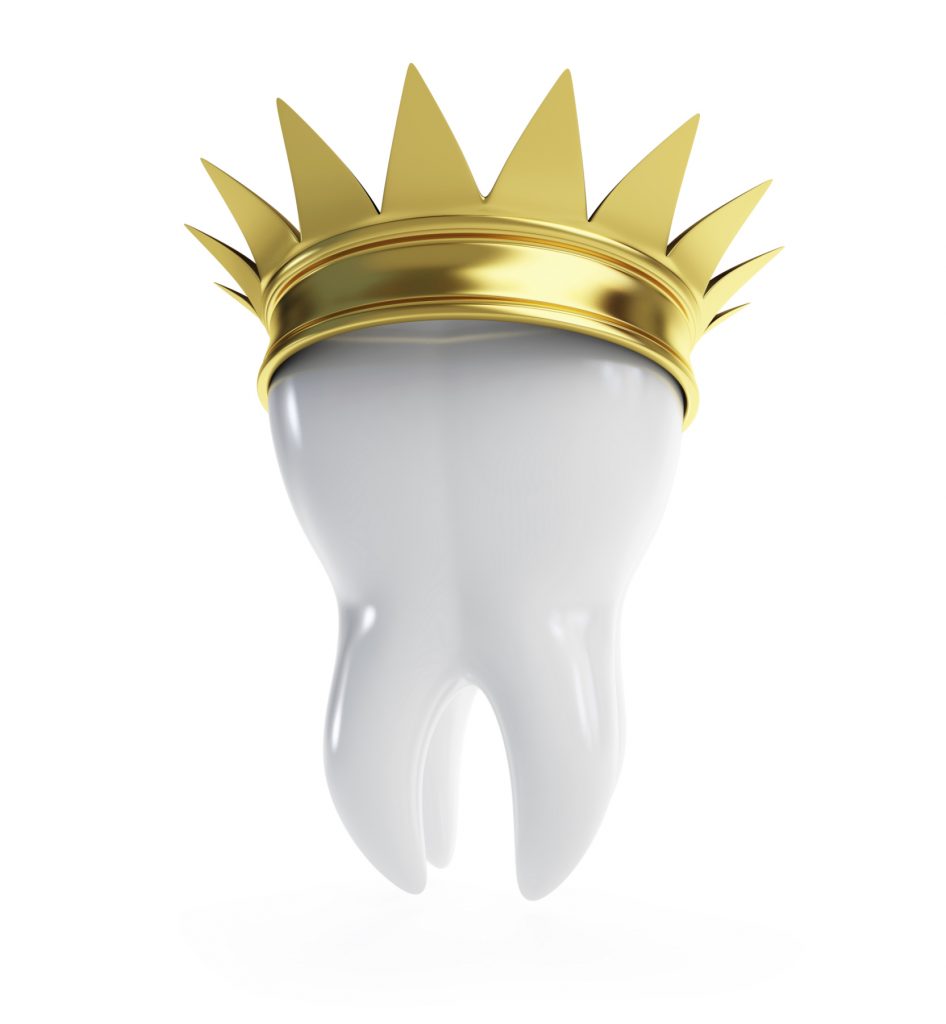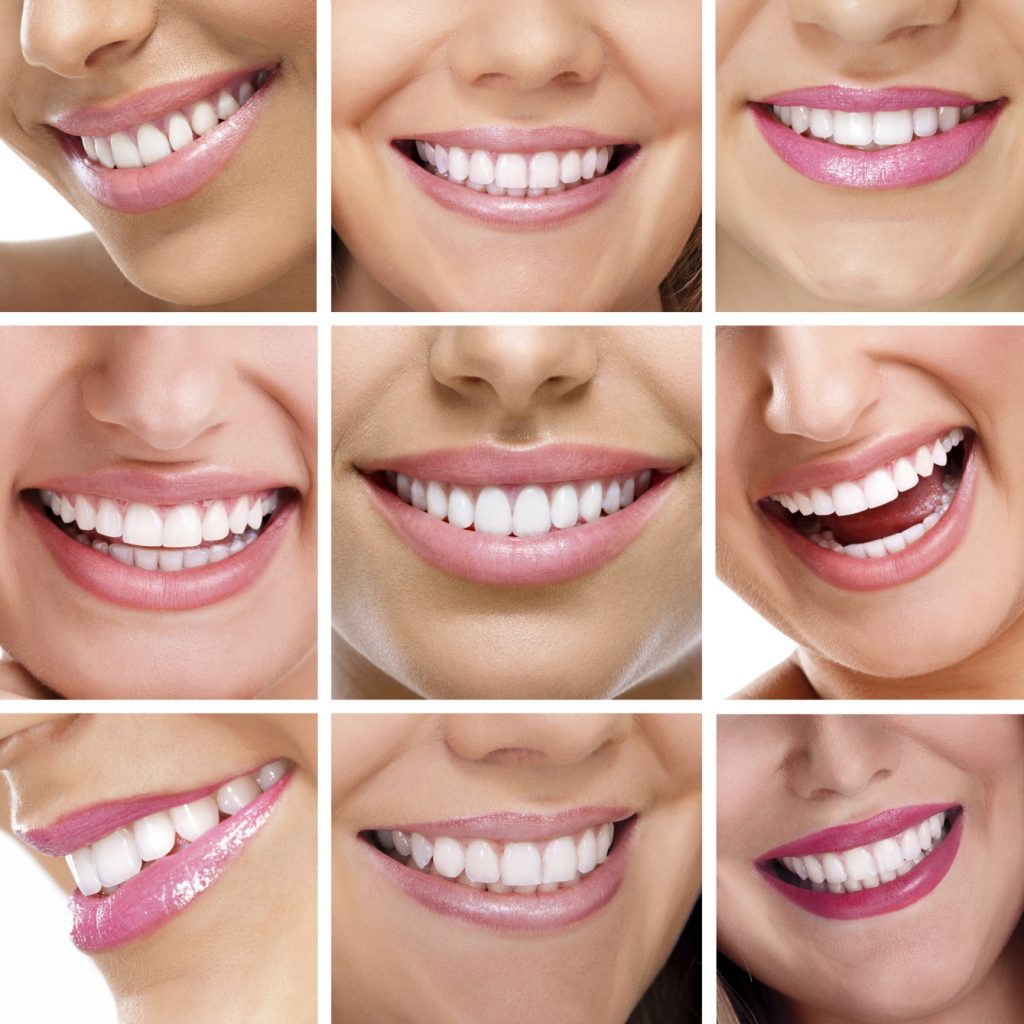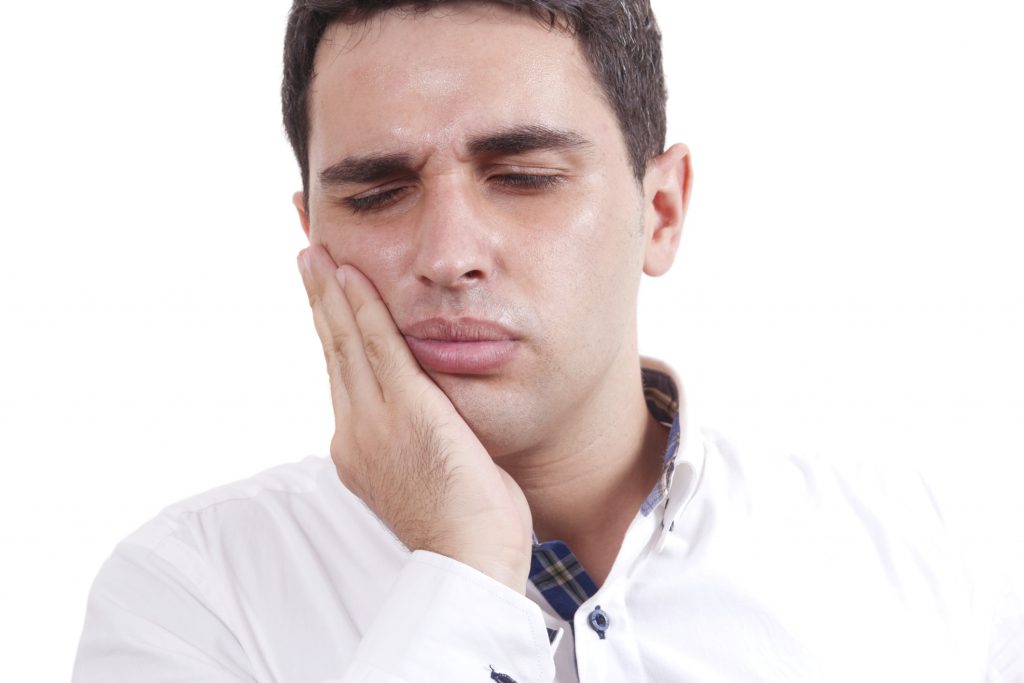
When you look at your tongue you may notice that there are bumps on it. These are known as papillae and they help with taste, hence the name “taste buds.” Sometimes these will grow enlarged. There are numerous reasons for this.
Why taste buds swell. Sometimes if you accidentally bite your tongue in the wrong way you can cause your taste buds to swell. This is because the nerve receptors in this area of your mouth are especially sensitive. They can also become inflamed or irritated occasionally. Usually this happens when you have a virus in your body though.
Treating swollen taste buds. Usually, it’s unnecessary to treat your taste buds if they become enlarged. However, if they stay enlarged for more than 7 – 10 days you should definitely give our office a call. We will bring you in for an appointment so that we can look at the size, color, and location of the swelling.
You most definitely want to schedule an appointment any time you have unusual bleeding, pain, or growth in your mouth. These are things that we’ll want to immediately take care of for you.
Preventing swollen taste buds. It’s important for you to maintain good oral hygiene by brushing and flossing twice daily. Make sure you brush your tongue when doing so. When you’re participating in sports, make sure you’re wearing a mouth guard. Additionally, you should avoid smoking and chewing on things that aren’t food. Sometimes you will still experience swollen taste buds.
When this happens, try rinsing your mouth with warm saltwater and drinking plenty of water. Monitor how well your swollen taste buds are healing for you and when or if you have any concerns, make sure you set up an appointment to visit our office so we can look at them for you.
For more information about taste buds, call Dr. Sciabica in Issaquah, WA at 425-392-3900 or visit www.issaquahdentists.com.
Dr. Frank S. Sciabica proudly serves patients from Issaquah and all surrounding areas.




